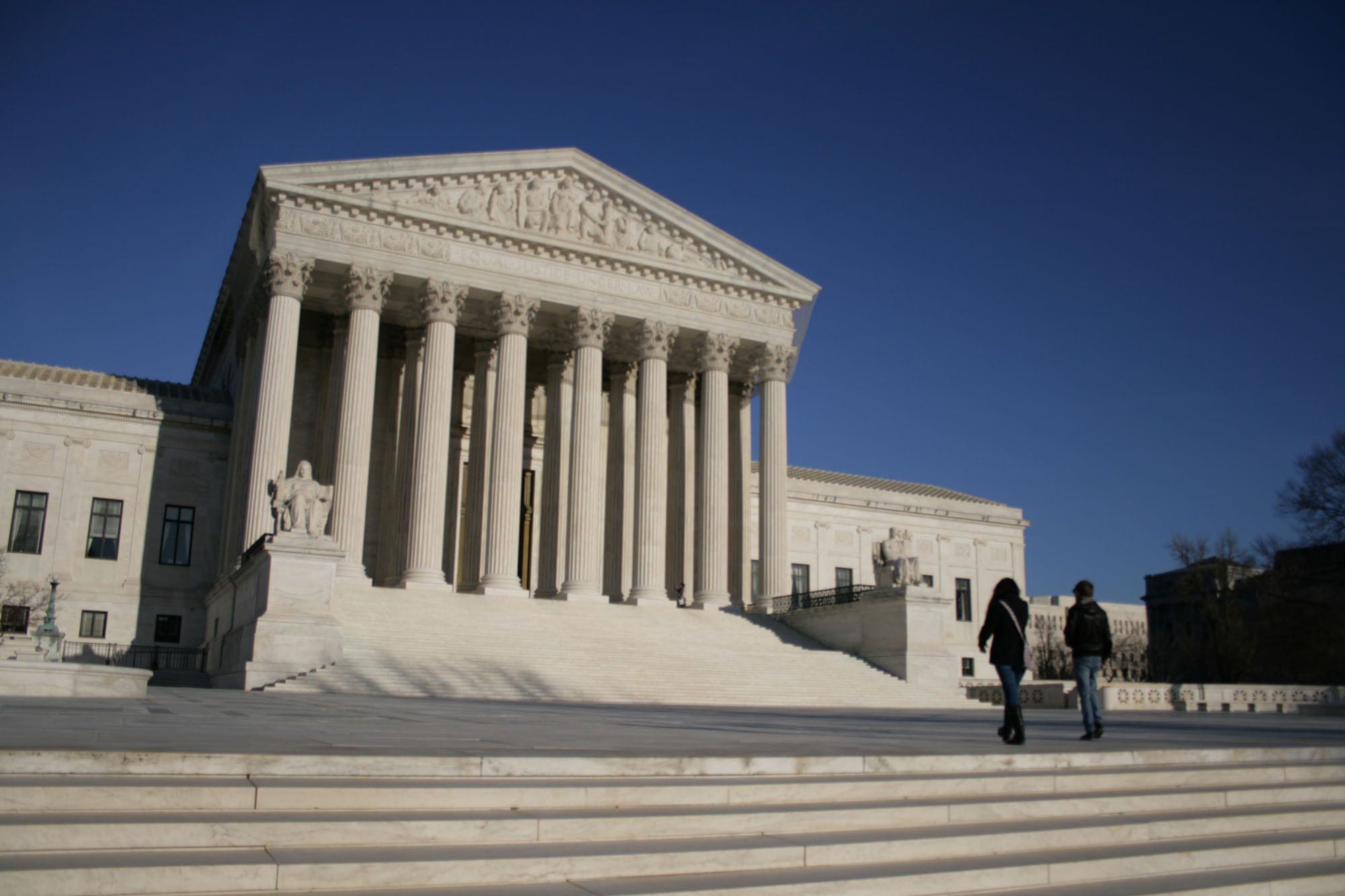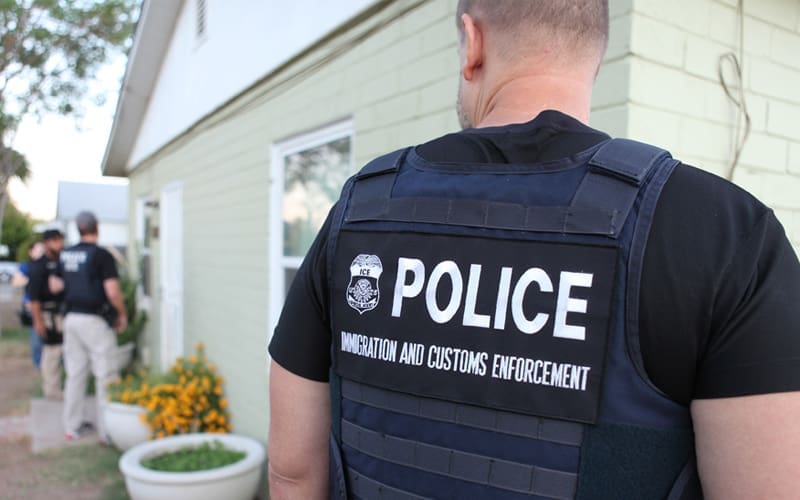According to a recent study by the Federation for American Immigration Reform (FAIR), there are an estimated 2.26 million illegal aliens currently residing in Texas, roughly the population of the city of Houston. In addition to this staggering figure, a notable 776,000 U.S.-born children of illegal aliens reside in the state as well.
Due to a long-running misinterpretation of the 14th Amendment, children of illegal aliens are granted automatic citizenship which gives them the same rights and immunities afforded to U.S. citizens and, in many cases, shields the parent(s) from deportation.
When written in 1787, the Constitution did not define citizenship. It was not until nearly 100 years later, in 1868, that the 14th Amendment was ratified to say: “All persons born or naturalized in the United States and subject to the jurisdiction thereof, are citizens of the United States and of the State wherein they reside.”
One may notice this clause lays out two requirements for citizenship: firstly, a person must be born in the United States or naturalized, AND a person must be subject to the jurisdiction of the United States. To the modern reader, the meaning of this second requirement may be somewhat opaque. However, Senator Jacob Howard of Michigan, one of the key framers of this second requirement for birthright citizenship, articulated the meaning clearly while this clause was debated before Congress:
“[E]very person born within the limits of the United States, and subject to their jurisdiction, is by virtue of natural law and national law a citizen of the United States. This will not, of course, include persons born in the United States who are foreigners, aliens, who belong to the families of ambassadors or foreign ministers accredited to the government of the United States, but will include every other class of person.”
Howard went on to further clarify his intentions, which aligned with the Civil Rights Act of 1866, stating, “All persons born in the United States and not subject to any foreign power, excluding Indians not taxed, are hereby declared to be citizens of the United States.”
Jurisdiction, then, to Senator Howard meant allegiance—in this case, allegiance to the United States and no other political authority.
Even when the Supreme Court wrongfully misinterpreted this clause in the oft-cited case of U.S. v. Wong Kim Ark, the court ruled a child born of legal permanent residents is a U.S. citizen by birth. Thus, any argument that children of tourists, exchange students, or illegal aliens should be awarded citizenship is a gross misinterpretation of both the 14th Amendment and Wong Kim Ark.
For would-be illegal entrants, having their children be awarded U.S. citizenship by virtue of birth alone is a huge incentive to make the journey and pay off the cartels to enter the United States.
Fortunately, in this 88th Legislative Session, State Rep. Steve Toth (R-The Woodlands) has filed House Bill 3612, which challenges both the current rendering of the “subject to the jurisdiction thereof” language and Wong Kim Ark by adding a section to the government code defining citizenship stating that “a child born in this state is not considered a United States citizen and may not be granted status as a citizen in this state if neither of the child’s parents are citizens of the United States.”
This bill would certainly face an immediate legal challenge, but given the Supreme Court’s recent history of overturning wrongly decided precedent even if it has been long-held, the legal road for restoring the 14th Amendment’s citizenship clause has never been easier. Texas has the opportunity to lead on this issue, especially with millions of illegal aliens pouring over our border and seeking an economic windfall and citizenship for their children.
This is a commentary published with the author’s permission. If you wish to submit a commentary to Texas Scorecard, please submit your article to submission@texasscorecard.com.





